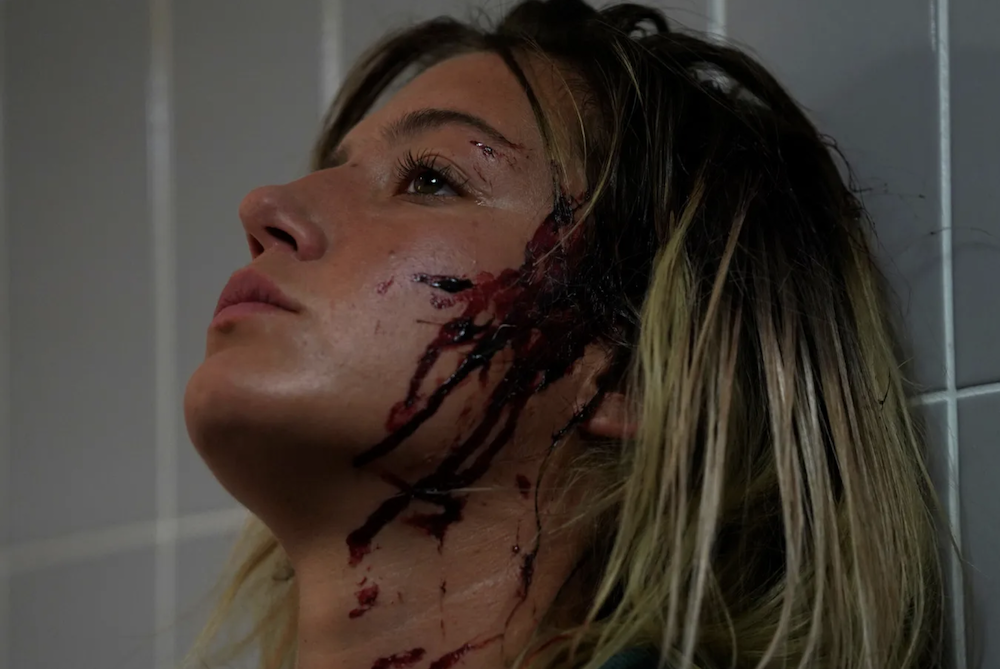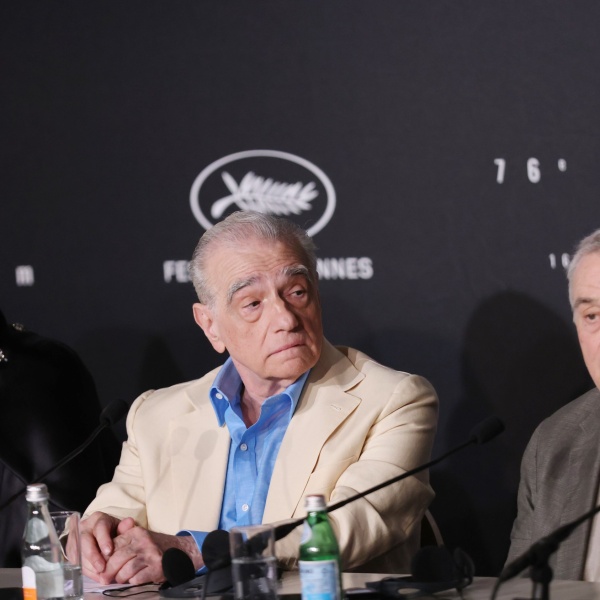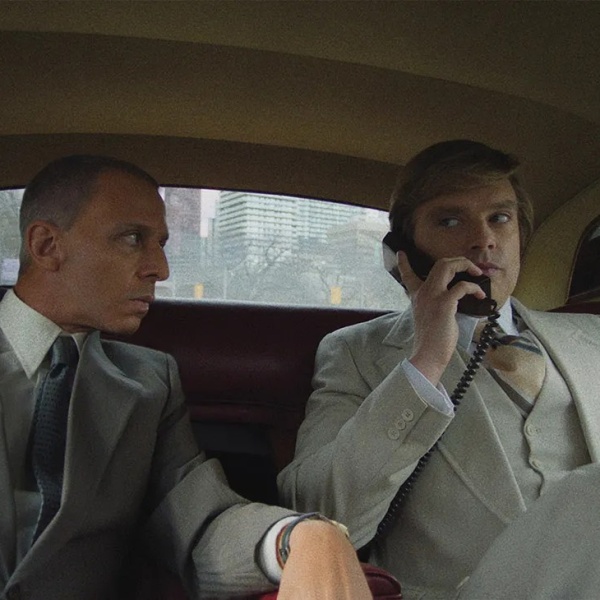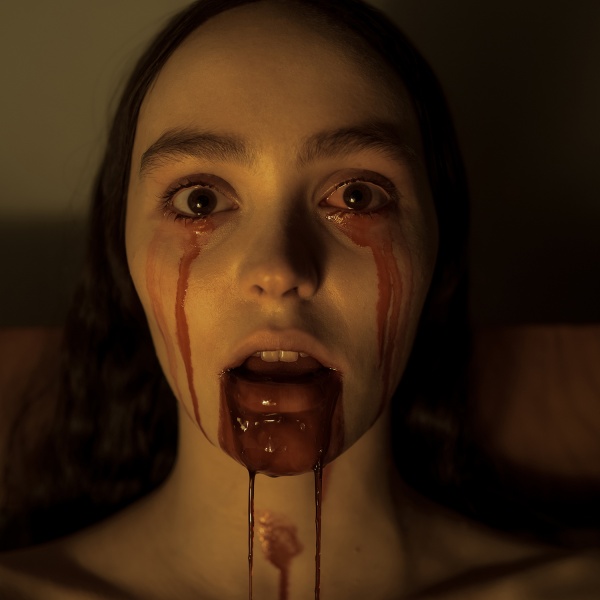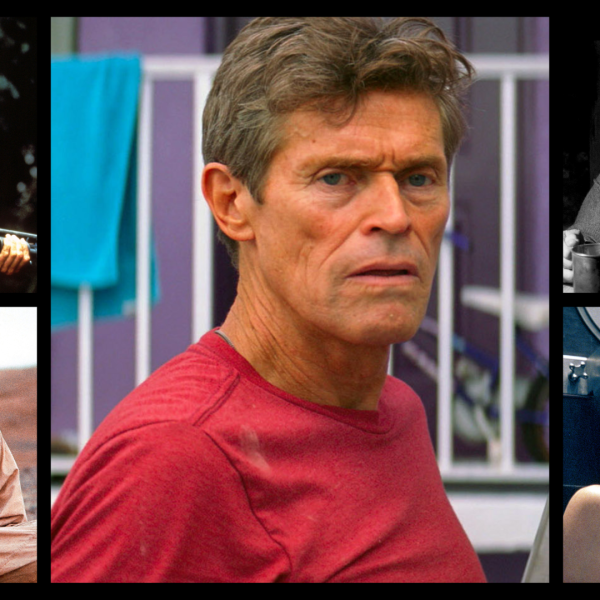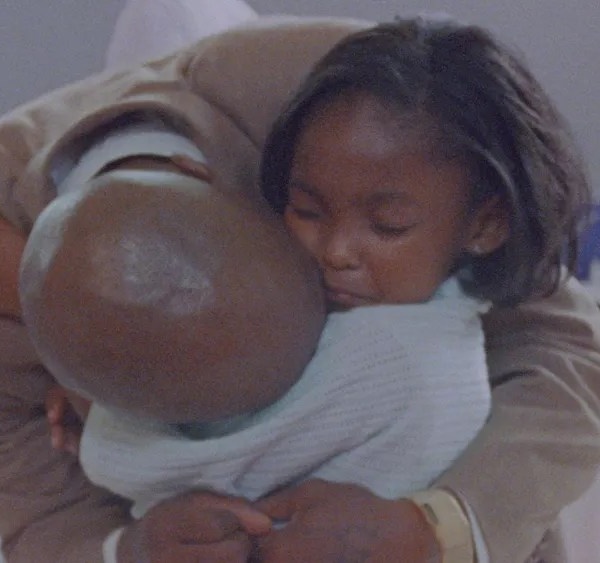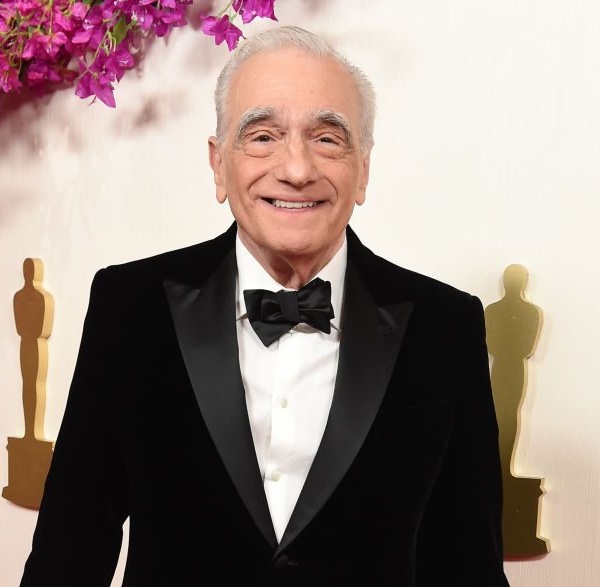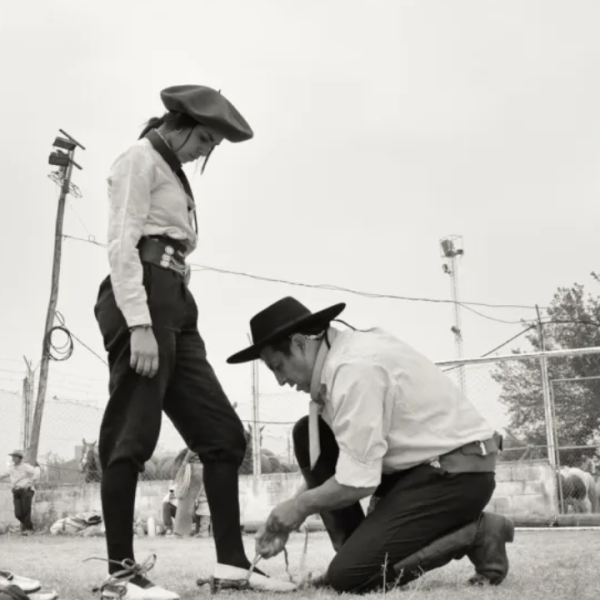Translating film titles for international markets can be a commercial necessity, but magic is often lost in the process. It’s hard to think of a more perfect name for Gilles Lelouche’s latest movie than “L’amour ouf,” which punchily captures the bruising nature of the love story at its heart. The clue is in the wordplay: If l’amour fou is an affliction of the mind, l’amour ouf tells us the force we’re dealing with is rather more physical, perhaps even painful.
Squint, though, and “Beating Hearts,” the anglophone title that seems sentimental by comparison, suggests not just life but flagellation. It befits a film that contains its fair share of bloody thrashings over the course of some 20 years in the lives of its star-crossed protagonists, whose love is battered at the peak of their relationship by a miscarriage of justice that goes on to change everything — and nothing — between them.
Not that violence ever takes place between our heroes, Clotaire and Jackie, who meet as headstrong schoolkids in the 1980s. A whip-smart girl who’s just been expelled from her Catholic private school for “insolence”, Jacqueline (played in her teenage incarnation by an arresting Mallory Wanecque) immediately catches the eye of her new school’s thuggish troublemaker, Clotaire (Malik Frikah). “I’ll call you Jackie,” he tells her. “I’ll call you never,” she responds.
It’s clear that this dockworker’s son spells bad news for Jackie’s academic promise: What begins as bunking class and letting grades slip soon slides into existential malaise for Jackie and full-blown criminality for Clotaire, who drops out of school. After meting out a beating to three men several times his age with the help of a lead pipe, Clotaire is scouted as a useful asset by La Brosse (Benoît Poelvoorde), a dryly menacing honcho with a head for heists.
But every tragic romance needs its rupture, and this one comes after the botched robbery of a van carrying the salaries of the local roustabouts (one of whom is Clotaire’s father, played by Karim Leklou, who manages to convey both hangdog loserdom and a capacity for explosive violence that Clotaire has evidently inherited). La Brosse’s son shoots one of the armed guards in the neck, and Clotaire ends up taking the rap. The sequence that ends in Clotaire’s apprehension isn’t entirely convincing — his sudden sorrow over the dying man stops him from making a speedy escape, and despite his keen instinct for self-preservation he practically hands himself in to the cops — but the film moves fast, propelled more by classical dramatic arcs than by rigorous narrative logic, and Clotaire is condemned to a decade in the clink.
By this point, it’s hard to deny Lellouche’s flair for filmmaking. He stages action sequences and tender scenes of young love with finesse and ingenuity, making full use of sound and image right from the film’s relentlessly percussive opening scene, a framing device that shows an older Clotaire, long out of prison, at the head of a convoy of cars screeching up the spiral of a multi-storey garage. Doors and trunks open and slam shut in a muscular fanfare of threat and intent, and the gang-warfare gun battle that follows is shown largely through shadows on the wall. Whether this is simply for theatrical effect or an ironic comment on Platonic ideals of manhood, it sets the stage for a drama that is conveyed through vivid sound — whether that’s 1980s pop songs or the rhythmic thwacks of bone-crunching violence pushed high up in the mix — and expressionistic visuals.
The director all this most recalls is early Spike Lee, a comparison cemented by two surprise dance sequences that sweetly heighten the romance and suggest that Lellouche’s approach to kitchen-sink drama is to throw everything but the kitchen sink in front of the camera. The director knows full well that if he’s going to indulge his classicist leanings, he’d better show some imagination, and he acquits himself well tonally as well as technically: despite its pained sincerity the film never shades into unintended camp or kitsch, Clotaire’s simmering volatility keeping sentimentality mostly at bay. The heavier emotions are balanced out by some charmingly strange touches — such as when a piece of Clotaire’s bubblegum Jackie has stuck to her bedroom wall as a memento amori begins beating like a heart — and underlined at key moments by Jon Brion’s unselfconsciously operatic score.
Editor Simon Jacquet harnesses the film’s energy adroitly: The film’s second half, in which Clotaire (now played by François Civil) is released from prison and attempts to reckon with his old gang while reconnecting with Jackie (Adèle Exarchopoulos), feels no less explosive than the first. Left bereft by Clotaire’s incarceration, Jackie has settled for Jeffrey (Vincent Lacoste), a middle manager at a car rental company, a beta male to Clotaire’s alpha who nonetheless poses a greater risk to Jackie with his toxic jealousy. Clotaire, meanwhile, murders La Brosse’s arrogant son and takes over his nightclub.
The rags-to-riches sequence in which Clotaire rises to be the head of a local gang is a brief montage of violence and “Fight Club”-style speechifying about capitalism’s dispossessed. If this risks seeming like an elision of detail in a film that is otherwise attentive to specifics, it’s less disappointing than the movie’s treatment of the sole character of color, Clotaire’s loyal friend Lionel, whose entire role as both a kid and an ill-fated young man is restricted to being the target of racial slurs, the sidekick or the comic relief. (Those who saw Lellouche’s previous feature, “Sink or Swim”, may recall a similar superficiality in the writing of that film’s principal character of color.)
Still, it’s hardly surprising that side characters seem thin in a film as unabashedly centrifugal as “Beating Hearts.” The love between Clotaire and Jackie is the vortex around which the entire film spins, and its earnestness makes it feel closer to, say, “Betty Blue” than to such blood-soaked stories of indissoluble love as “Wild at Heart” or “True Romance.” Lellouche may not be an original, but he is a committed craftsman and an avid synthesizer of forms, and if there’s one thing this starry-eyed epic demonstrates, it’s that even well-worn genres can be enlivened by sincerity, surprises and visual punch — in other words, a bit of ouf.
Grade: B+
“Beating Hearts” premiered in Competition at the 2024 Cannes Film Festival. It is currently seeking U.S. distribution.
